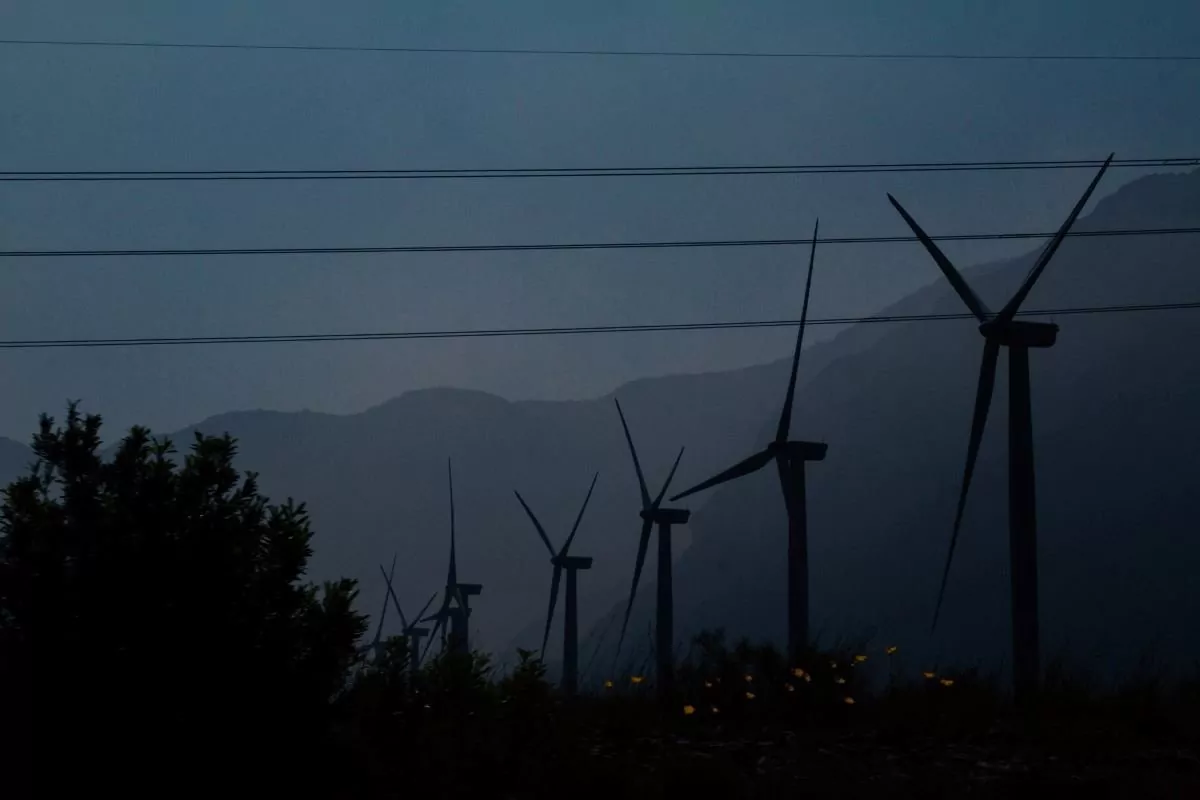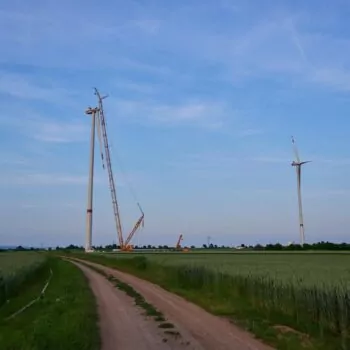EU governments are starting to consider the option of a withdrawal from the Energy Charter Treaty (ECT) as the negotiations are headed to fail at aligning it with the Paris Agreement goals. Talks will come to an end on Friday, 24 June.
- Four-year-long efforts to ‘modernise’ the Energy Charter Treaty (ECT) come to an end on Friday, 24 June. It is not clear yet whether an agreement will be reached.
- The talks have already failed at aligning the ECT with the Paris Agreement goals. The EU proposed to continue protecting fossil fuels for at least one more decade—incompatible with accelerating the green energy transition. No final deal is expected to meet E3G’s benchmarks.
- An EU withdrawal from the ECT becomes now an option. Spain, France, Germany, and other Member States disappointed with the talks are considering the EU’s coordinated withdrawal from the Treaty, and other non-EU states could follow suit to avoid isolation.
Story
The Energy Charter Treaty, ratified by 48 countries since 1994, aims to protect private foreign investments from regulatory or political interferences. A negotiation to ‘modernise’ the Treaty was launched in 2018, and Ministers established this Friday, 24 June, as a deadline to agree “in principle” to an update of the ECT. EU negotiators have attempted to align the Treaty with the Green Deal for four years, but other ECT countries have fiercely opposed these efforts.
Negotiators may fail to find a compromise, as several sticking points remained on the table this week, including removing protections for fossil fuels. If they do reach an agreement, it will not be aligned with the EU Green Deal and the Paris Agreement goals—based on what is known about negotiation progress and politics. E3G recently set seven minimal tests to assess the ECT. None of them will be met.
The eventual agreement may include some cosmetic improvements, but will remain very far from the European Commission’s own negotiating goals. The main achievement may be an unproven solution to rule out intra-EU litigation, which multinational fossil fuel companies could easily circumvent. Non-EU investors would continue to target EU climate policies – a growing risk given the plans to expand the ECT to new regions, including China.
Given the many uncertainties left, an “agreement in principle” this Friday does not mean countries support the compromise. It is instead a recognition that the negotiations have ended, opening a new political phase in which EU Ministers must decide whether the compromise is good enough or a withdrawal from the ECT is preferable.
EU countries have until November this year to reach a shared position. Those in favour of withdrawing include Spain, France, Germany, Poland, and Italy, while Belgium and the Netherlands are considering that option. Other climate front-runners have so far shied away from having a position, claiming to give negotiators a chance – this will not be possible anymore after Friday.
Quote – EU withdrawal from ECT
Ignacio Arróniz, Researcher on Trade & Climate at E3G, said:
“Attempts to align the Energy Charter Treaty with EU climate goals have already failed. There is no hiding from this anymore. Only terminating the ECT, or at least a withdrawal from it, would prove that EU governments are willing and capable of improving global rules to fight the climate crisis.”
Lisa Fischer, Programme Leader at E3G, said:
“Clean energy deployment has become a critical energy security concern for the EU and many of its partners. The EU would be foolish not to use all tools at its disposal to advance this goal – terminating or withdrawing from the ECT is one of the tools that need to be used.”
Available for comment – EU withdrawal from ECT
Ignacio Arróniz is available for commentary – please contact him directly:
m: +34 689 768 246, ignacio.arroniz@e3g.org
– ENDS –
Notes to Editors
- E3G is an independent climate change think tank with a global outlook. We work on the frontier of the climate landscape, tackling the barriers and advancing the solutions to a safe climate. Our goal is to translate climate politics, economics and policies into action. About – E3G
- E3G’s latest briefing on the Energy Charter Treaty aligns the political objectives for the ECT modernisation with the drastic changes in the EU’s political context. The European Commission’s negotiating directives are from July 2019.
- Climate Action Network – Europe issued a similar assessment recently, while a wider group of campaigners showed why the ECT modernisation talks had already drifted away from the EU’s goals in March.
- For further enquiries email press@e3g.org or phone +44 (0)7783 787 863



